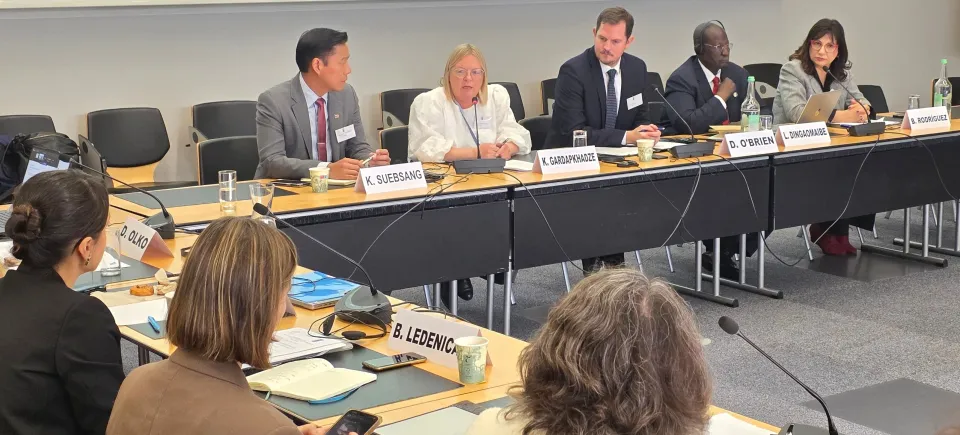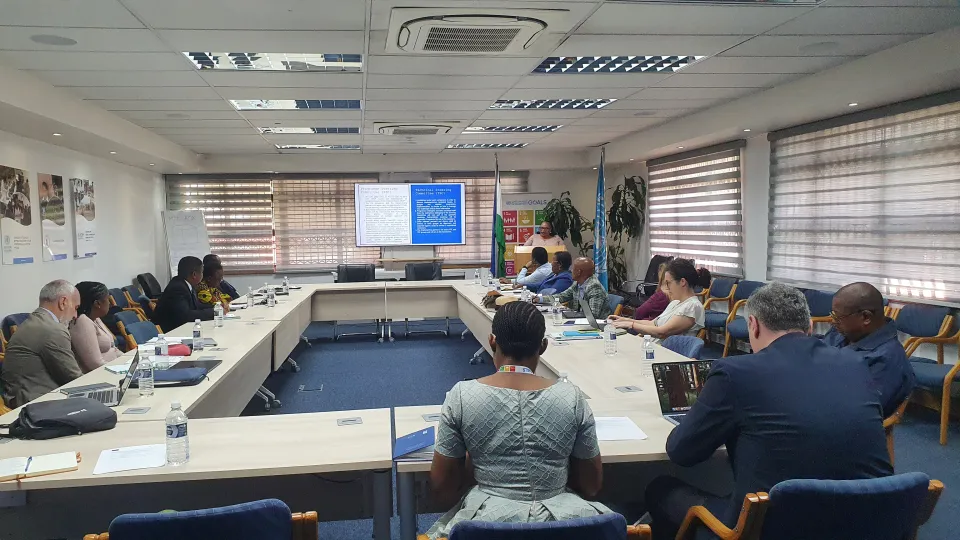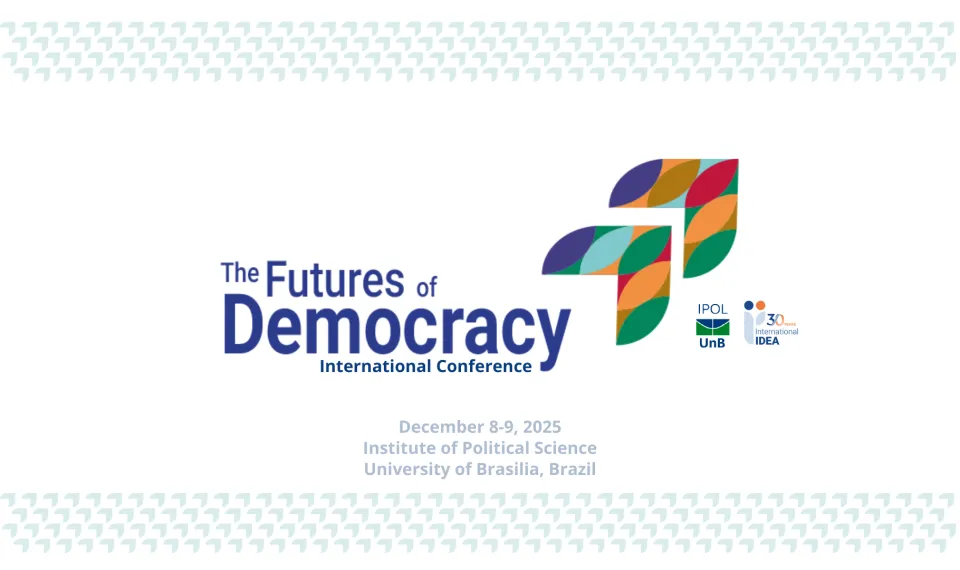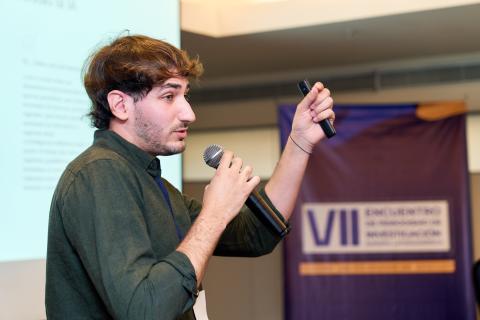
Lessons from Europe and Latin America to strengthen political journalism in Peru
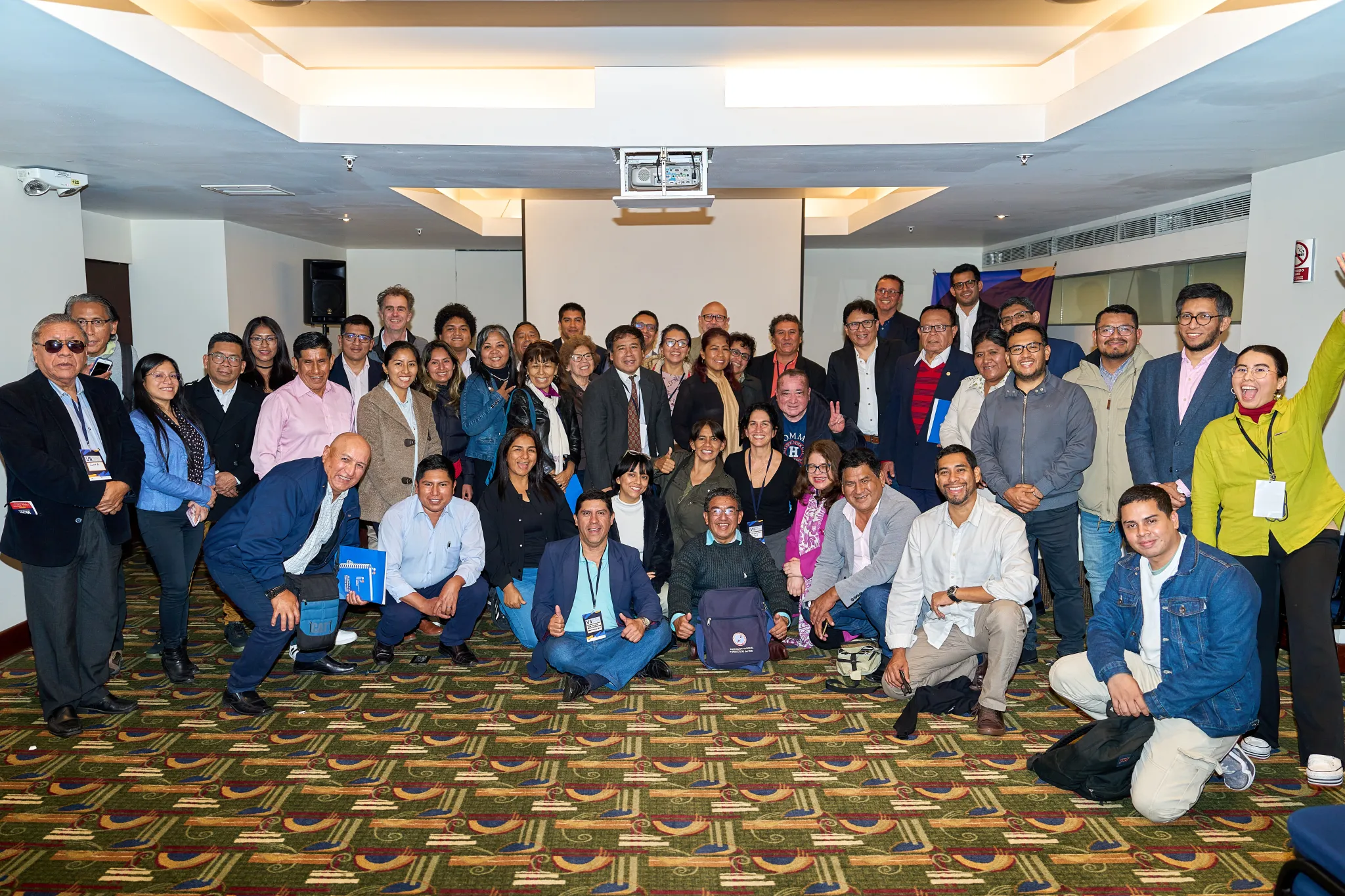
Researchers and specialists from Europe and Latin America shared experiences on topics such as the challenges of political and electoral process coverage, how to investigate organized crime, innovative techniques against misinformation, and opportunities in political coverage with new technologies like artificial intelligence.
Álvaro Medina, content manager of the Spanish consultancy Prodigioso Volcán, shared tips for journalists exploring possibilities with the use of AI.

Q&A | Álvaro Medina: "AI can save us time on repetitive tasks to dedicate it to major journalistic investigations"
What are the challenges of Artificial Intelligence in political journalism?
Journalism faces many challenges regarding Artificial Intelligence. We can approach it in two ways: one, by talking about AI and what it implies at a political, economic, and ethical level. Two, more importantly, by using AI tools in journalistic work, knowing AI, testing it, and concluding that it can greatly facilitate our work, saving us time on repetitive tasks so that we can dedicate it to major journalistic investigations.
What types of tools can help optimize tasks?
There are multiple tools, from ChatGPT to simulate interviews, search for information, create graphics, and summarize lengthy documents. TRINT is a key audio tool, essential for transcribing and editing interviews. Translators like DeepL and other tools still in beta can create declarative journalism news from audio recorded at a press conference.
How should journalists face the threats of AI?
Firstly, by getting to know AI, which may seem technical at first glance. The main thing is to educate ourselves and stay aware of daily developments in artificial intelligence. Another key is to try it out. For better or worse, using it will give us insights into how it works and will help us understand its use in other sectors, perhaps unrelated to ours, but which we must cover as journalists.
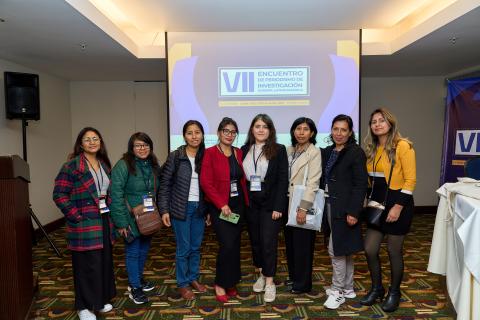
About the Event
The VII Europe - Latin America Investigative Journalism Meeting featured speakers like Edwin Koopman, Dutch journalist and editor, Spaniards José María Olmo, head of the investigative unit at El Confidencial, Natalia Diez, Coordinator of Maldito Bulo at Maldita.es, and Álvaro Medina, content manager of Prodigioso Volcán.
Latin American speakers included Lucía Escobar, a journalist from Prensa Comunitaria (Guatemala); Gabriel Labrador, a journalist from El Faro (El Salvador); María Belén Arroyo, editor of Vistazo magazine (Ecuador); and Ignacio Rodríguez Reyna, director of Fábrica de Periodismo (Mexico).
"Experiences like this, where journalists from several countries gather to exchange experiences, are extremely healthy because they allow us to understand, in the case of Peru, what might come as a result of what is already happening in Ecuador," commented María Belén Arroyo, editor of Vistazo magazine in Ecuador.
Two innovation specialists from Google News Initiative participated via video call. They were the Argentinians Connie Niebuhr, manager of News Industry Relations at Google, and Carolina Potocar, Teaching Fellow at Google News Initiative.
As part of the work with the network of regional journalists, the organizing team invited 33 journalists from 14 regions of the country. "Learning how research is conducted in Europe and Latin America feeds us. It opens possibilities to continue working on our duty: to reveal what is hidden for the good of those who make up this country," said Oscar Paz, a journalist from Sobre el Rastro, Trujillo, Peru.
The seventh edition of the Europe—Latin America Investigative Journalism Meeting was organized by International IDEA in partnership with the Press and Society Institute (IPYS), the Peruvian Press Council (CPP), and Google News Initiative (GNI) as part of the project "Consolidation of Peruvian Democracy," funded by the European Union. The presentations' recordings are available on YouTube.

